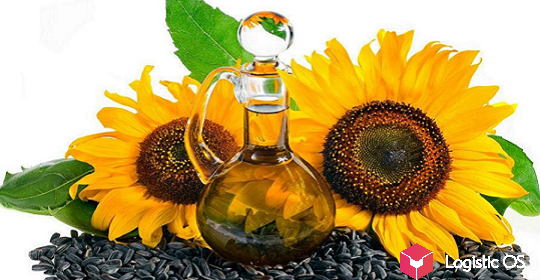The 35% duty on exports from Russia to Canada, introduced on March 3, 2022, has led to the expected consequences.
Canada is the only G7 country to impose a 35% duty on all fertilizers imported from Russia and Belarus.
Surprisingly, it is a fact that such a measure was introduced by a country that buys 85-90% of nitrogen fertilizers from Russia only for Eastern Canada.
Every year, the region buys 660-680 thousand tons of nitrogen fertilizers from Russia, which, first of all, are necessary for growing such an important crop as corn.
As a result, Canadian farmers were at a significant disadvantage compared to farmers in other countries that did not take such restrictive measures.
The largest farmers’ associations have come forward with an appeal to provide support measures and compensate for the costs associated with the increase in duties:
Grain Farmers of Ontario is the province’s largest trade organization representing 28,000 barley, soybean, oat, wheat and corn growers.
Quebec Grain Farmers — Quebec grain producers
Canadian Fertilizer Sector and farmer groups of over 50,000 farmers.
This includes the Atlantic Grain Council, Ontario Christian Farmers Federation, Fertilizer Canada, Ontario Grain Farmers, Ontario Agribusiness Association, Ontario Bean Growers, Quebec Grain Farmers, Sollio Agriculture and Sylvite Agri-Services, Ontario Canola Growers.

For growers of canola (a hybrid of rapeseed), the problem of weeds adds another headache.
Many growers in Canada grow high-yielding canola hybrids that are resistant to herbicides.
But suppliers of weed control products lack supplies of the main herbicide used to treat canola and other crops.
Canadian farmers plant more than 20 million acres of rapeseed, 80% of the acreage is canola, whose yields can be severely affected by a lack of weed control.
Meanwhile, the US International Trade Commission decided not to impose anti-dumping duties on the import of nitrogen fertilizers from Russia, because they do not pose a threat to the American agricultural industry.

